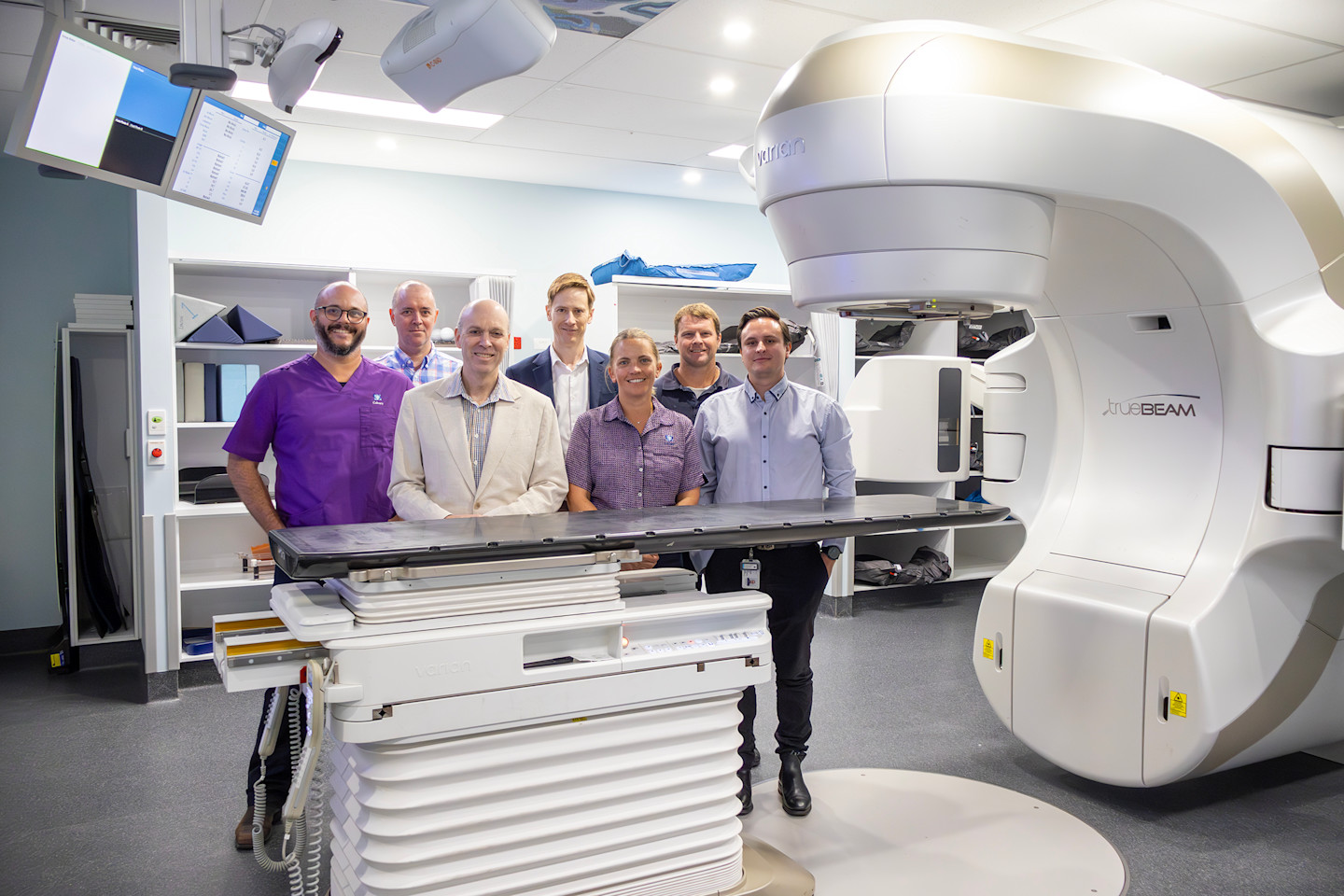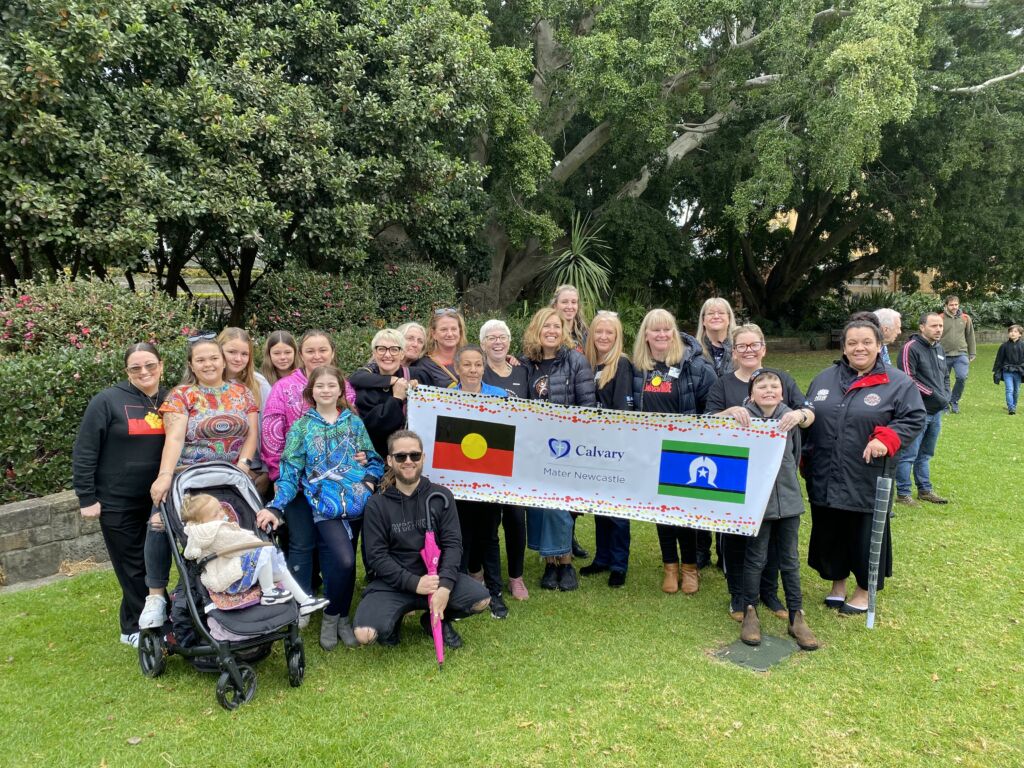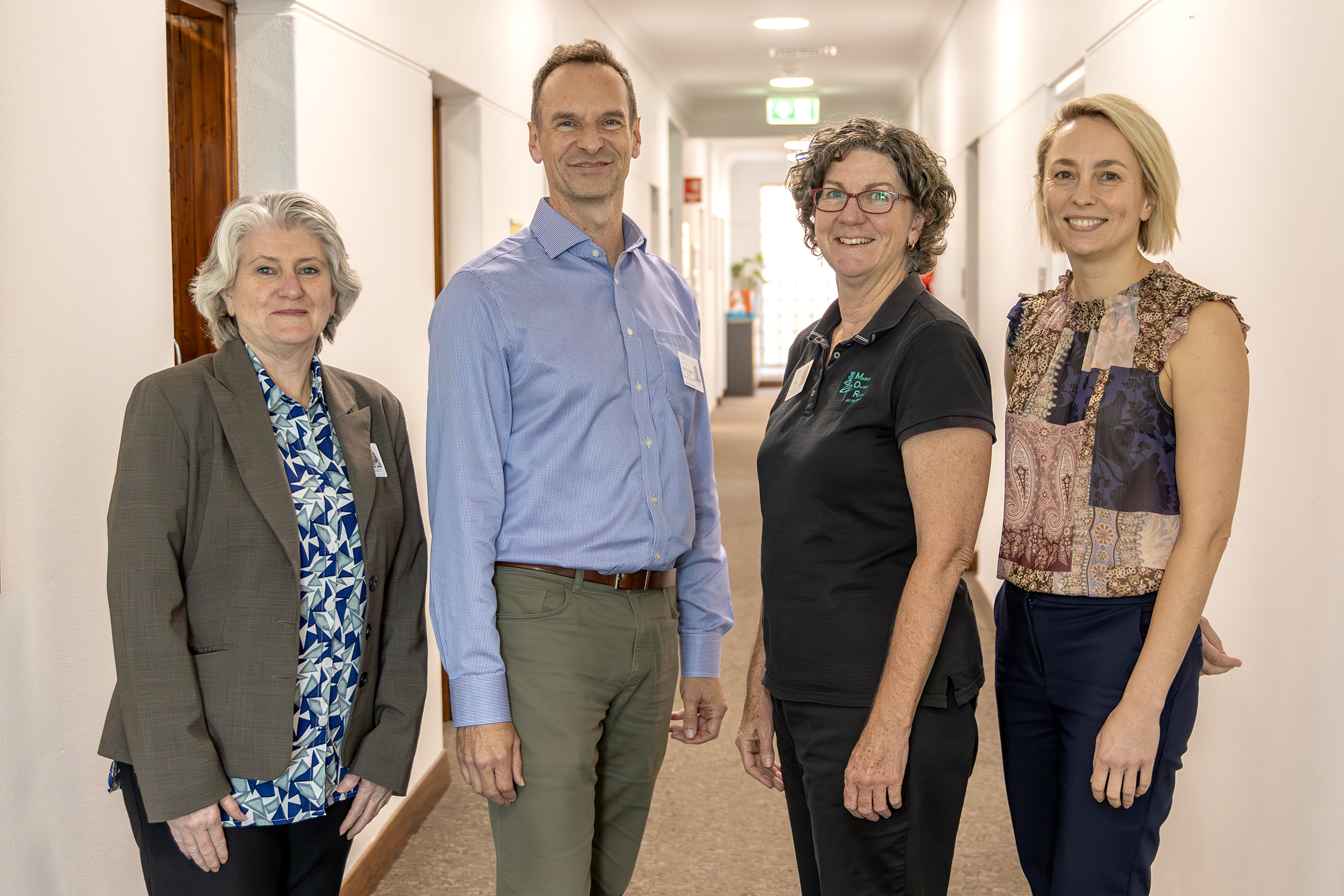New approach for radiation therapy “a great achievement” for Hunter prostate cancer patients

Calvary Mater Newcastle’s Radiation Oncology Department advanced its planning capabilities by generating a 'synthetic CT' created entirely from MRI data. This MRI-only workflow removes the need for a separate CT scan, streamlining the planning process while maintaining high standards of accuracy and patient safety.
Calvary Mater Newcastle Radiation Oncologist, Dr Sam Dickson, said the department has been working in collaboration with the CSIRO and Siemens on research into synthetic CT development and MRI-only workflows, which has contributed to the development of this new technology. This breakthrough means MRI-only planning can now be used in everyday care, not just research.
“This innovation not only reduces patient exposure to additional imaging associated with CT-based planning but also removes some of the image registration steps, potentially enhancing the accuracy of treatment,” Dr Dickson said.
“Importantly, this approach also benefits patients who are not eligible for MRI-only radiotherapy planning. By removing the need for a CT scan in these select cases, we can free up capacity on the CT simulator. This supports improved patient access, and continued rapid progression to treatment at Calvary Mater Newcastle.”
Patients also benefit from a reduction in appointments, requiring only a single planning session rather than separate CT and MRI appointments.
Calvary Mater Newcastle is highly experienced in the integration of MRI into radiation therapy planning to treat a variety of cancers, using it alongside traditional CT imaging. This combined approach enhances the identification of soft tissue, improving both the precision of tumour targeting and the protection of surrounding organs.
The department continues to use MRI in parallel with CT for planning treatment in areas such as the brain, head and neck, chest, abdomen and pelvis. However, it is now taking a major step forward in treating prostate cancer by using advanced technology and artificial intelligence.
Calvary Mater Newcastle patient Paul Doherty is one of the first to benefit from the new approach.
“Less appointments gives me back time and frees up valuable CT scanner time for other patients, which is very reassuring.”
“It’s a great achievement for the hospital, the staff involved and a win for the local community,” Mr Doherty said.
Calvary Mater Newcastle General Manager, Roslyn Everingham, congratulated the department on its achievement and commitment to improving patient outcomes.
“Calvary Mater Newcastle remains at the forefront of clinical innovation, reinforcing our reputation as a centre of excellence in cancer care,” Ms Everingham said.
The approach is currently available to suitable patients with prostate cancer. Efforts are underway to expand its use to treat a number of other cancers.


